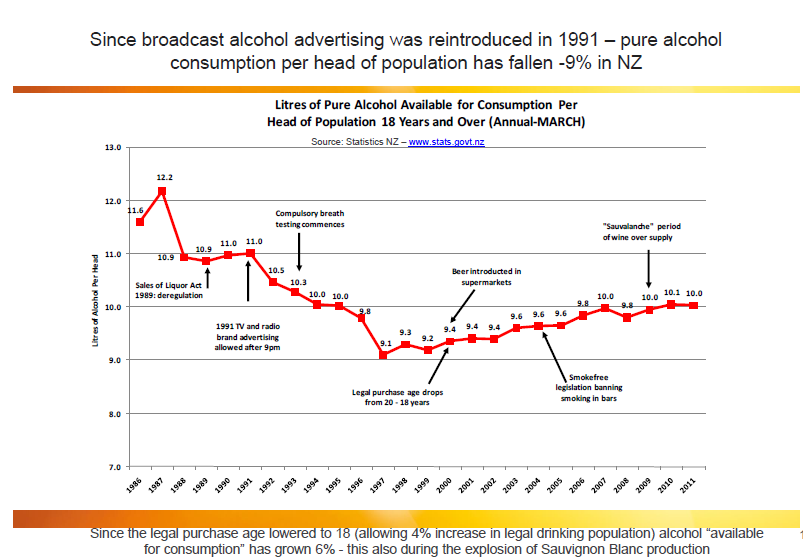Mr. Jardin not only denounces his respected paternal grandfather, but by extension all the other "very nice people" of wartime France.The bolded part bothers me. I suppose you could build a Sen Paretian Liberal argument that it's better that the French policeman, who wouldn't enjoy the roundup, conduct it rather than allowing the sadist to do it if the sadist's jollies are a bad (which they are). But I still wouldn't buy it.
The book centers around Jean Jardin, who was chief of staff to Vichy Prime Minister Pierre Laval in 1942 and 1943. Dismissing what he deems a "whitewash" perpetrated by his own family and accepted by a nation afflicted with Vichy-era "blindness," Mr. Jardin insists that grand-père was a key collaborator. He claims that by virtue of his post, Jean had full foreknowledge of the notorious July 1942 roundup of 12,884 Jews, including 4,051 children, who were deported to Auschwitz and nearly all died there. Mr. Jardin is now accused of settling intergenerational clan scores in public, but his real sin appears to be his implication of still-upstanding French citizens in the Holocaust.
...
As Mr. Jardin sees it, a certain moral code, exemplified by his "loyal" grandfather, was crucial to the Vichy machine. "In the end it was not at all necessary to be a monster to participate in the worst. There was an anti-Semitism of the state. Men like my grandfather were prepared to do absolutely anything to preserve a little fragment of national sovereignty," Mr. Jardin observes. "They preferred that the French police came to arrest Jewish families rather than let the German police do it. It is disturbing. In any case in my family there has not been any [feeling of] guilt after the war. My grandfather had the feeling of having done good. It is incredible." [emphasis added]
Liberals (in the NZ and European sense) cringe when loyalty is offered to the state.
"A few weeks ago I found myself around a table at the Elysée with [French President Nicolas] Sarkozy, at a lunch with three writers and a journalist and a historian," Mr. Jardin recounts. "The historian suddenly said to me: 'But you don't have a lot of proof against your grandfather; [Mr.] Sarkozy got up out of his chair, cut her off and said 'Madame, I have had a lot of chiefs of staff.' He gave her a lesson explaining that a chief of staff was nothing like a government departmental head. It was evident listening to [Mr.] Sarkozy that the prime minister's chief of staff could not but be intimately associated with the decision.
All the same, in Mr. Jardin's telling, the historian insisted that "'that did not constitute proof.'" Then, "[Mr.] Sarkozy's temperature rose and he said something incredible which came from his gut: 'Madame if I asked [French Interior Minister and Mr. Sarkozy's former chief of staff] Claude Guéant to organize a round-up of 13,000 Jews next week in Paris, whatever the circumstances, I know Claude would resign. His [Mr. Jardin's] grandfather did not resign.'



